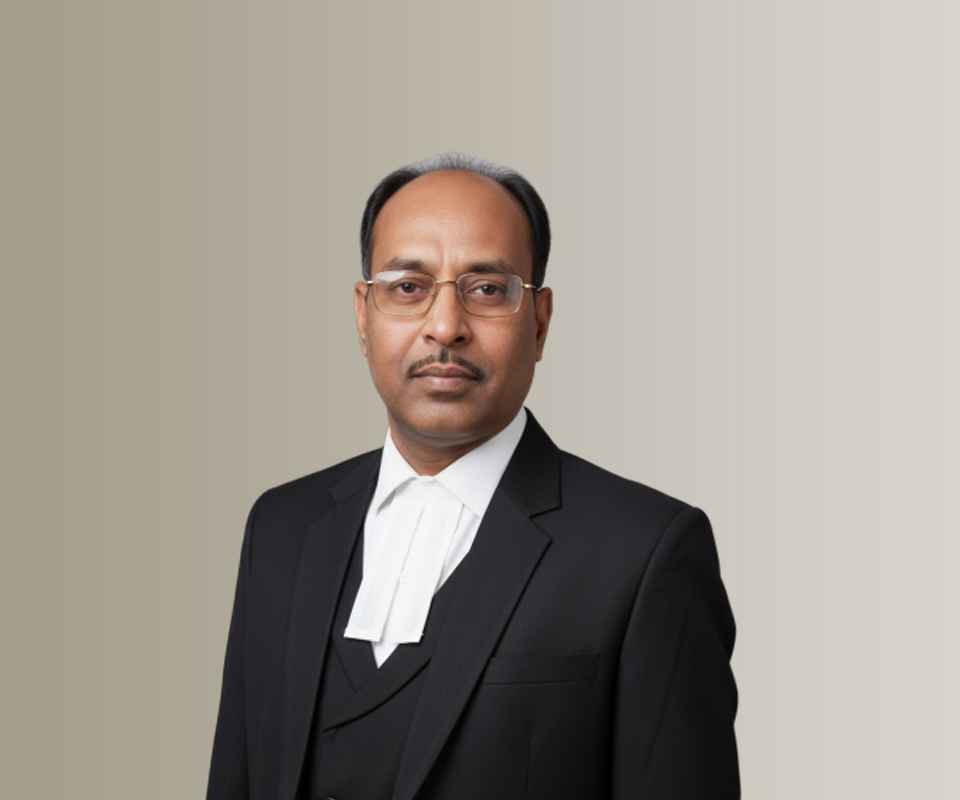Answer By law4u team
The probate process is a crucial legal procedure in the execution of a will. It is the official recognition and validation of the will by the court before the executor can begin distributing the assets of the deceased to the beneficiaries. In India, probate is generally required for the will to be legally binding and for the executor to be authorized to carry out the wishes of the deceased.
Significance of Probate in the Execution of a Will:
Legal Validity of the Will:
The probate process ensures that the will is legally valid and authentic. It confirms that the document in question is the last will and testament of the deceased person. By obtaining probate, the court verifies the authenticity of the will and ensures it was executed correctly (e.g., signed by the testator and witnessed appropriately). Without probate, a will may be disputed, and the beneficiaries could face difficulties in claiming their inheritance.
Appointment of the Executor:
Probate formally appoints the executor of the will, who is responsible for carrying out the deceased’s wishes. The executor can only begin distributing the assets after the probate process is completed. The court issues a probate order, which serves as legal proof of the executor's authority to manage the estate and take necessary actions on behalf of the deceased.
Ensuring Fair Distribution of Assets:
Probate is crucial to ensure that the deceased's property is distributed in accordance with the provisions outlined in the will. It provides a legal framework for resolving disputes and ensuring that the property is divided as per the testator’s instructions. Without probate, any distribution of assets may not be recognized by legal authorities, and disputes can arise among heirs or creditors.
Prevents Fraud and Ensures Transparency:
Probate serves as a safeguard against fraudulent claims and helps maintain transparency in the execution of the will. It requires the will to be verified by the court, and during the probate process, interested parties (such as heirs or creditors) have the opportunity to contest the will if they believe there are grounds for doing so (e.g., allegations of coercion or lack of mental capacity at the time of making the will).
Legal Protection for Executors and Beneficiaries:
Once probate is granted, the executor is legally protected from liability when executing the will, as they are acting under the authority of the court. Similarly, beneficiaries are assured that their inheritance will be legally protected. The court’s oversight during probate ensures that there are no irregularities in the process.
Resolution of Debt and Liabilities:
Before distributing the assets, the executor must ensure that any debts or liabilities of the deceased are settled. The probate process involves confirming the deceased’s assets and liabilities, allowing the executor to clear the debts from the estate. Only after the debts are cleared can the remaining property be distributed to the beneficiaries.
Probate vs. Letters of Administration:
While probate is used when there is a valid will, if the deceased died intestate (without a will), the court issues letters of administration to appoint an administrator to manage and distribute the estate according to applicable inheritance laws. However, probate is more commonly used to deal with testate estates (where a will is present) and is the preferred method for carrying out the wishes of the deceased.
Example:
If an individual dies and leaves behind a will, the named executor will need to apply for probate in a civil court. Upon approval of the probate petition, the court grants the executor the legal authority to handle the deceased’s estate, pay debts, and transfer assets to the beneficiaries as per the will. For example, if the deceased left a house to a child, the executor will ensure the property title is transferred to that child’s name, but only after obtaining probate.
Conclusion:
The probate process is essential in ensuring the legality and transparency of the will’s execution. It protects both the executor and the beneficiaries, ensures the rightful distribution of the deceased’s assets, and helps resolve disputes, if any arise. Without probate, the process of distributing assets can become legally complicated, and the executor may face challenges in carrying out the deceased’s final wishes. Thus, probate is an integral step in the proper and legal execution of a will.







